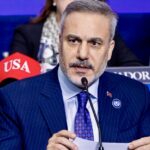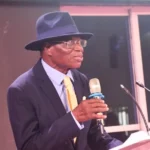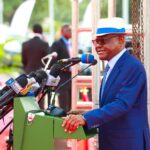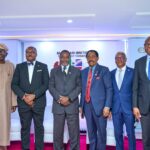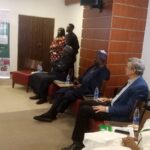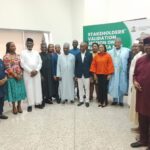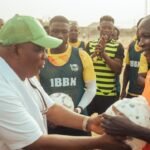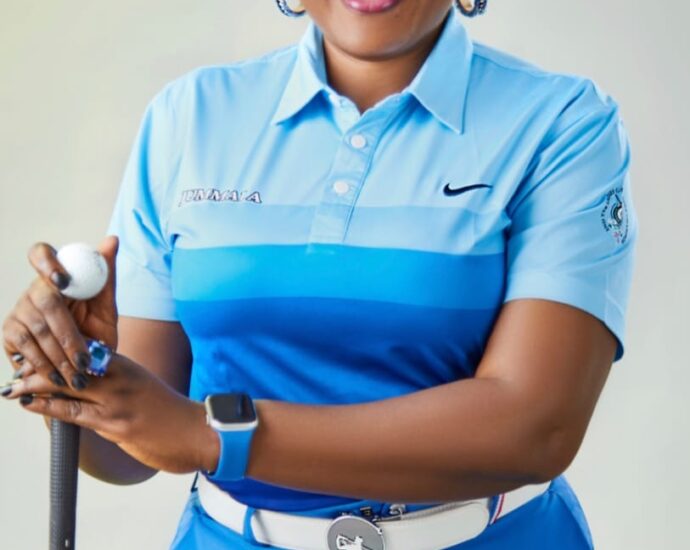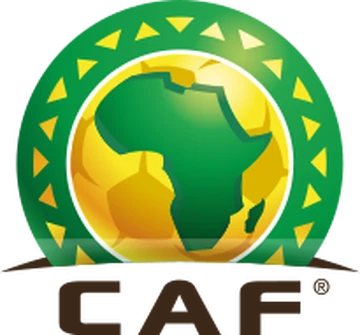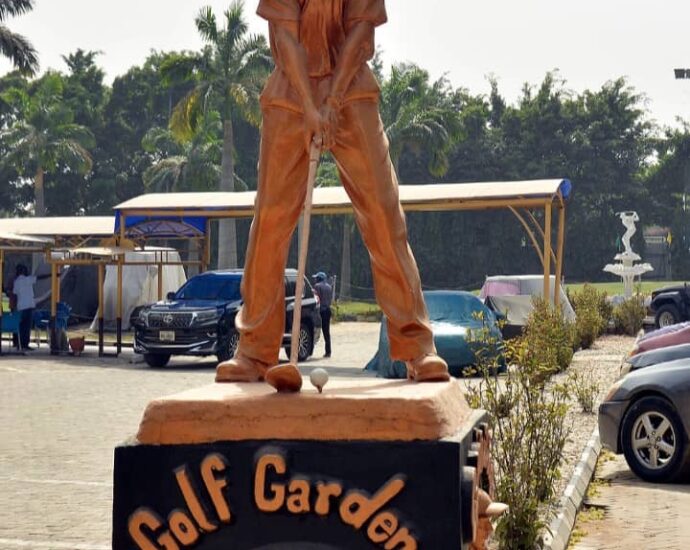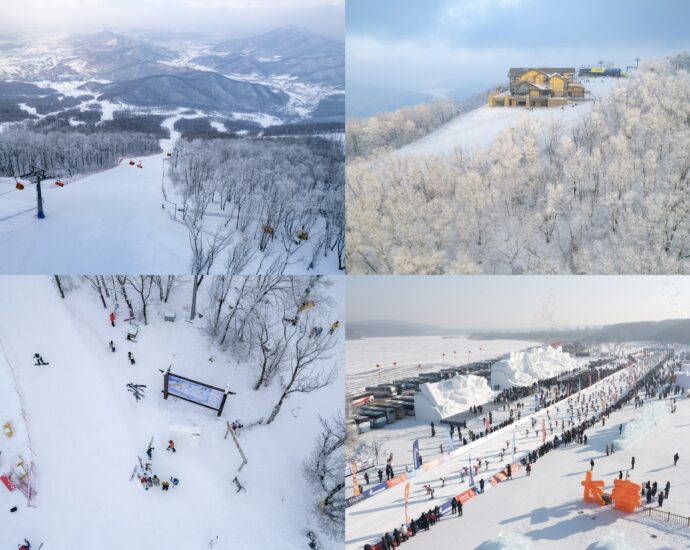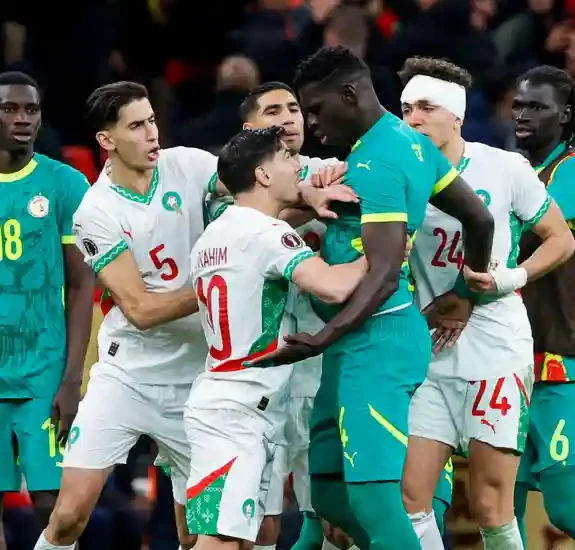NIS, EFFA management sign MoU to reposition sports economy
By Ijeoma Okigbo The National Institute for Sports (NIS) has reiterated its commitment to aligning with President Bola Tinubu’s Renewed Hope Agenda to diversify the nation’s sports economy. The Director-General of NIS, Philip Shaibu, said this on Tuesday in Abuja during the signing of a Memorandum of Understanding (MoU) betweenContinue Reading




